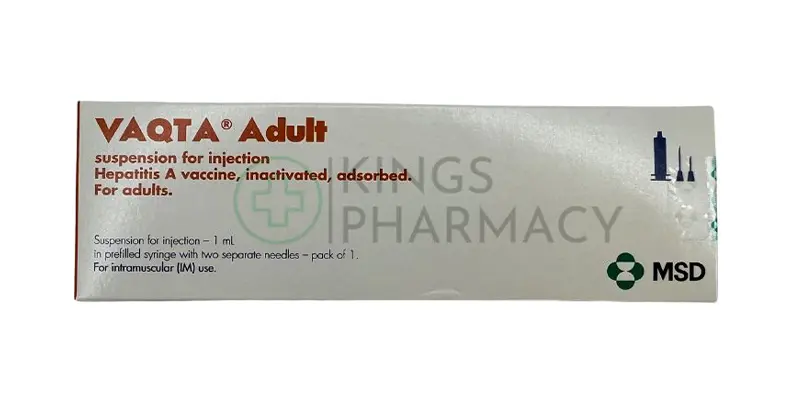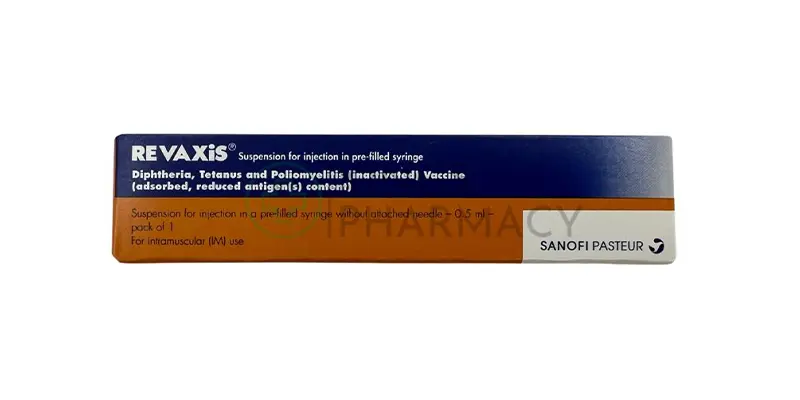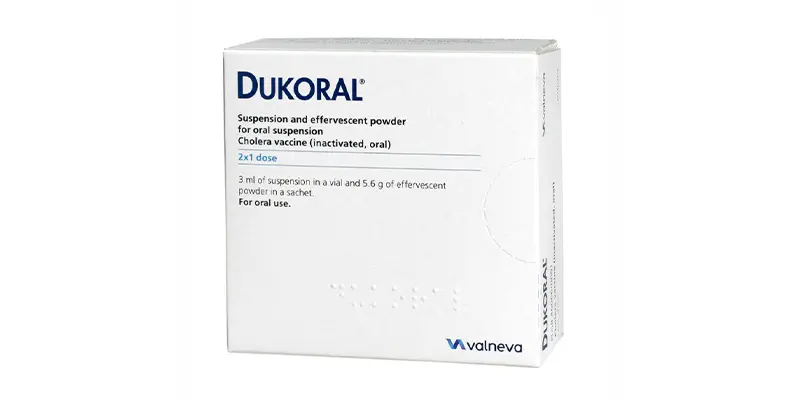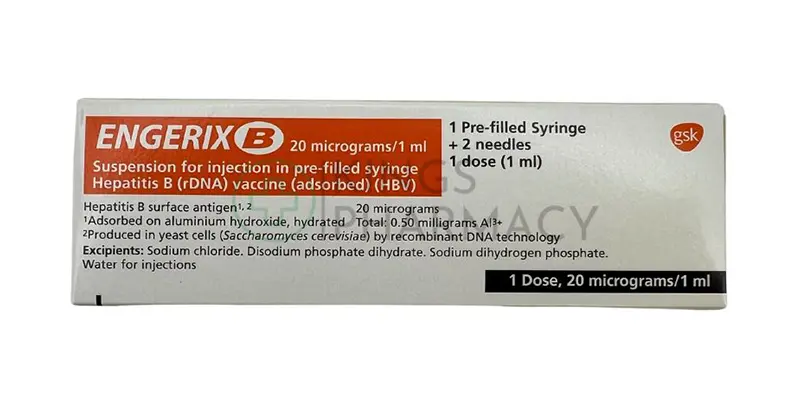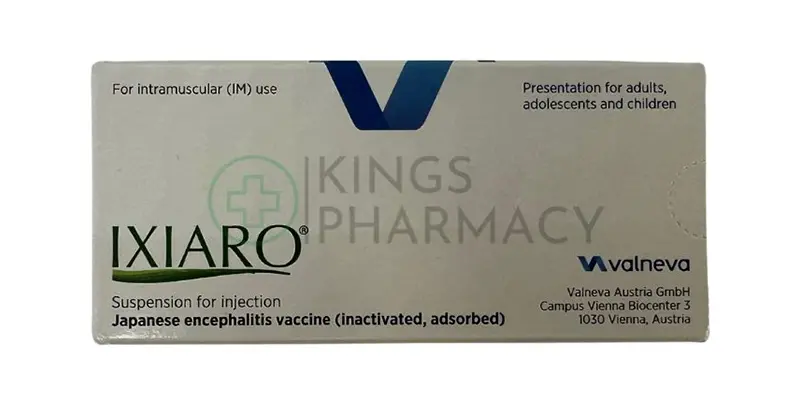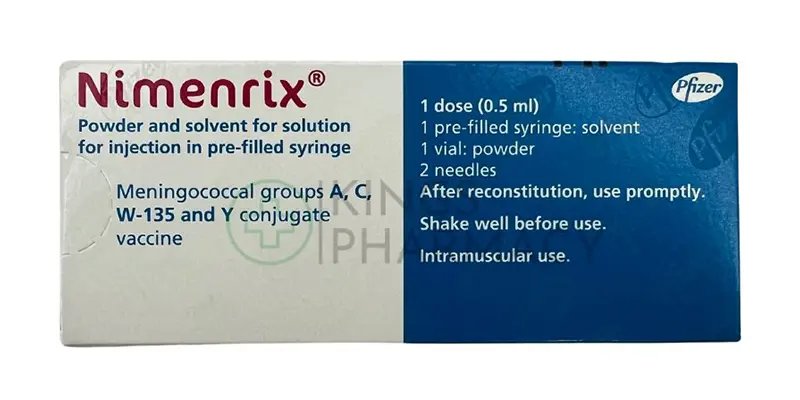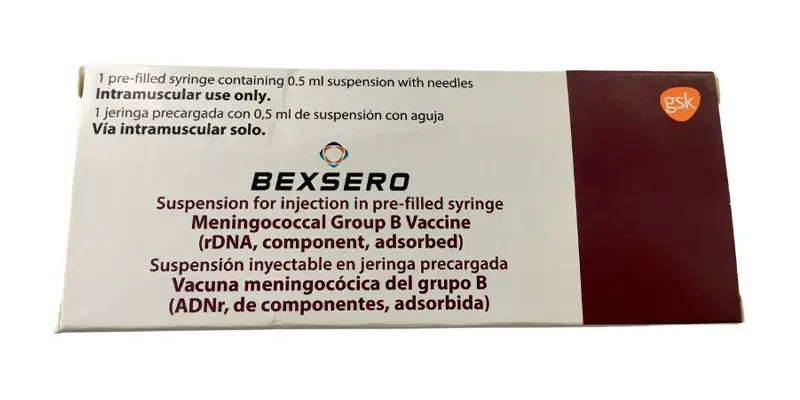Hepatitis A Vaccination
The Hepatitis A vaccine is a crucial immunization that helps protect against the hepatitis A virus, which can cause serious liver disease. Administered typically in two doses, the vaccine is highly effective and provides long-term immunity. It is recommended for children, travelers to high-risk areas, and individuals with chronic liver conditions. By preventing infection, the vaccine also helps reduce the spread of the virus within communities.
Select Dose
What is Hepatitis A?
Hepatitis A is a viral infection that causes inflammation of the liver. It is caused by the Hepatitis A virus (HAV) and is primarily transmitted through ingestion of contaminated food or water, or through close contact with an infected person. Hepatitis A is most commonly found in areas with poor sanitation and hygiene. While Hepatitis A generally causes an acute (short-term) illness, it can lead to severe symptoms and liver damage, particularly in older adults and those with pre-existing liver conditions.
Symptoms of Hepatitis A
The symptoms of Hepatitis A can range from mild to severe and typically appear 2 to 6 weeks after exposure. Symptoms may include:
- Fatigue
- Jaundice (yellowing of the skin and eyes)
- Dark urine
- Abdominal pain, particularly in the upper right side
- Nausea and vomiting
- Loss of appetite
- Fever
- Muscle or joint pain The illness usually resolves on its own within a few weeks to months, but some individuals, especially the elderly or those with underlying liver disease, may experience more severe complications.
Who Should Consider the Hepatitis A Vaccine?
The Hepatitis A vaccine is recommended for:
- All children aged 1 year or older as part of routine childhood vaccinations
- Travelers to areas where Hepatitis A is common, particularly in parts of Asia, Africa, and Latin America
- Individuals with chronic liver disease or other conditions that may increase the risk of severe Hepatitis A infection
- People who work in or live in group settings, such as healthcare facilities, childcare centers, where outbreaks can occur
- Men who have sex with men
- People who use recreational drugs, particularly those who inject drugs
- People with close contact with someone who has Hepatitis A
How Is the Hepatitis A Vaccine Administered?
The Hepatitis A vaccine is typically administered as two doses. The first dose is given at age 1, with the second dose given 6 to 12 months later to provide long-term protection. For adults and children who have not been vaccinated, the vaccine is also administered as two doses, with the second dose given six months after the first. The vaccine is delivered as an injection, usually in the upper arm.
Effectiveness of the Hepatitis A Vaccine
The Hepatitis A vaccine is highly effective, providing long-lasting immunity. Most individuals who receive the full two-dose series will be protected against the virus for life. The vaccine is about 95% effective in preventing Hepatitis A infection, even in areas with higher rates of the disease. Protection begins approximately two weeks after the first dose, but the full benefit is achieved after receiving both doses.
Side Effects of the Hepatitis A Vaccine
The Hepatitis A vaccine is safe and well-tolerated. Common side effects include:
- Pain, redness, or swelling at the injection site
- Mild fever
- Fatigue These side effects are usually mild and resolve within a few days. Serious side effects, including allergic reactions, are rare but can occur. If you experience difficulty breathing, swelling of the face or throat, or a rash, seek immediate medical attention.
When Should You Get the Hepatitis A Vaccine?
The Hepatitis A vaccine should be administered before traveling to regions where the virus is prevalent, ideally 2 to 4 weeks before travel. For routine vaccination, children typically receive their first dose at age 1, with a second dose 6 months later. If you're at increased risk due to lifestyle, occupation, or medical conditions, speak with your healthcare provider about getting vaccinated as an adult. Even if you’ve been exposed to Hepatitis A, the vaccine may still provide protection if administered within 2 weeks of exposure.
Additional Preventive Measures
In addition to vaccination, it is important to practice good hygiene to help prevent the spread of Hepatitis A:
- Wash hands frequently with soap and water, especially before eating or preparing food and after using the bathroom
- Avoid eating food from untrusted sources, especially in areas with poor sanitation
- Drink only bottled or properly filtered water in regions with poor sanitation
- Ensure that food is cooked properly and avoid raw or undercooked shellfish
What is the hepatitis A vaccine?
The hepatitis A vaccine is a preventative measure designed to protect against hepatitis A, a viral infection that affects the liver. It is highly effective and helps prevent the disease by stimulating the immune system to produce antibodies against the virus.
Who should get the hepatitis A vaccine?
The vaccine is recommended for several groups, including:
- Travelers to regions where hepatitis A is common.
- People with chronic liver disease or compromised liver function.
- Men who have sex with men.
- People with increased risk due to their occupation or lifestyle.
- Individuals who use illicit drugs.
- Close contacts of someone diagnosed with hepatitis A.
How is the vaccine administered?
The hepatitis A vaccine is given as an injection, usually in the upper arm. For most individuals, it requires two doses to achieve long-term protection. The second dose is typically administered 6 to 12 months after the first.
What are the common side effects of the vaccine?
Common side effects are generally mild and may include pain or swelling at the injection site, mild fever, or fatigue. Serious side effects are rare but should be reported to a healthcare provider.
Is the vaccine safe?
Yes, the hepatitis A vaccine is considered very safe. It has been extensively tested and monitored for safety. Serious adverse reactions are extremely rare. The benefits of vaccination in preventing hepatitis A far outweigh the risks of potential side effects.
How long does immunity last?
After receiving the full vaccination series, immunity to hepatitis A is expected to last for many years, often for life. The vaccine provides strong and long-lasting protection against the disease.
Is the hepatitis A vaccine required for travel?
For travel to certain countries or regions where hepatitis A is common, the vaccine may be recommended or required. It’s best to check with a travel health clinic or your GP well before your departure to ensure you are appropriately protected.
Can the hepatitis A vaccine be given alongside other vaccines?
Yes, the hepatitis A vaccine can generally be given alongside other vaccines, including those for hepatitis B, typhoid, and others. Your healthcare provider will be able to advise on the best schedule for any additional vaccinations you may need.




